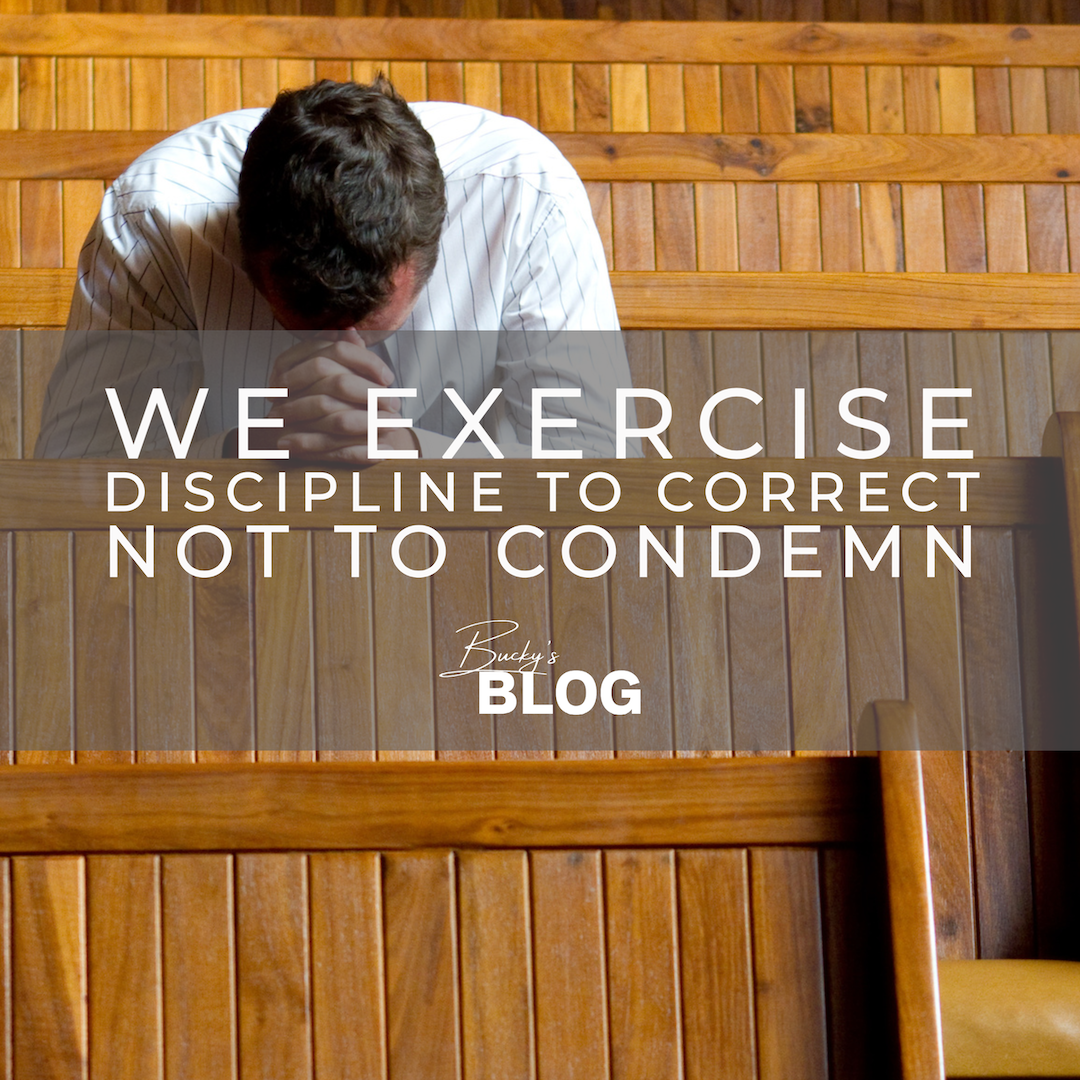I’m not really shocked anymore at what the world promotes and protects. But the way many who profess Christ act is a real head scratcher. How can people who claim to believe in the inerrancy and infallibility of Scripture not show the slightest hint of Scripture’s sufficiency in their actions? I’m specifically speaking about how Southern Baptist Convention leaders are handling sexual abuse accusations between adult men and women. They, along with many evangelical churches, are effectively cancelling grace, mercy, and forgiveness.
The standard operating procedure seems to be rebuke and remove, and be done. Offering a path of repentance leading to restoration is apparently no longer viable in sexual abuse accusations. Does that mean certain verses are out of date?
For instance, “The first to plead his case seems right, until another comes and examines him” (Proverbs 18:17). Such ideas are certainly cumbersome in a culture that promotes “Believe all women.” So, I guess the woman described in Proverbs 6:26 is no longer a threat, “For on account of a harlot one is reduced to a loaf of bread, and an adulteress hunts for the precious life.”
The Bible is clear that sexual sin is different (1 Corinthians 6:18). The punishment for sexual abuse should be more profound and pronounced than that of adultery. Yet neither is the unpardonable sin, according to Scripture. So I caution against assuming one is just as grievous as the other. There’s also a big difference between a woman who is physically forced into a sexual encounter, and one who reveals her adultery as abuse because she regrets it.
Biblical Precedent
King David suffered painful consequences in his adulterous relationship with Bathsheba, but unforgiveness from a holy God was not one of them. His name and his godly works were not stripped from Scripture. In fact, Psalm 51 records his agonizing prayer of repentance as a pattern for us to follow.
And the apple didn’t fall far from the tree. David’s son, Solomon, gave in to his strong sexual appetite by having 700 wives and 300 concubines. He completely disregarded one of God’s qualifications for Israel’s kings, “He shall not multiply wives for himself, or else his heart will turn away” (Deuteronomy 17:17). We see the impact of Solomon’s sin as the wise counselor of Proverbs became the weary man of Ecclesiastes. His sin wore him down but it didn’t cause God to remove Solomon’s name or his work from Scripture.
As pastors and denominational leaders, we need the same kind of heart Moses had for the people of Israel. “Then Moses returned to the Lord, and said, ‘Alas, this people has committed a great sin, and they have made a god of gold for themselves. But now, if You will, forgive their sin—and if not, please blot me out from Your book which You have written!’” (Exodus 32:31–32).
Biblical Application
In rebuking sin, if we simply remove the sinner from the church and their ministry, then we’ve lost the very soul of the gospel. Every born-again believer relies daily on the mercy and grace of God. They are essential in restoring our fellowship with Christ after we repent. If all we do is rebuke and remove then we’re essentially cancelling grace, which robs hope from those who would humbly confess and repent of their sins.
So yes, expose the sin of abuse. Call the police when necessary. But also call for repentance; because that’s the only path to restoring them to fellowship with Christ and the church. Even when jail is inevitable, our forgiveness should also be inevitable.
Of course, there are always those who refuse to repent. The apostle Paul shows us what to do when compassionate confrontation and rebuke are met with arrogance and indifference. “I have decided to deliver such a one to Satan for the destruction of his flesh, so that his spirit may be saved in the day of the Lord Jesus” (1 Corinthians 5:5). This isn’t questioning a person’s salvation—it’s rightly judging a hard heart and rebellious spirit.
Remember, we exercise discipline in order to correct—not to condemn. Accusing someone without offering reconciliation is legalism and hypocrisy. It’s the plank-filled eye that refuses to believe “there but for the grace of God, go I.”
